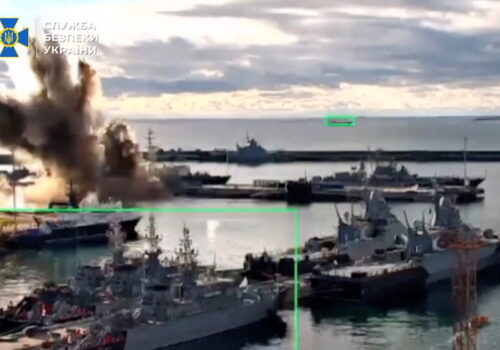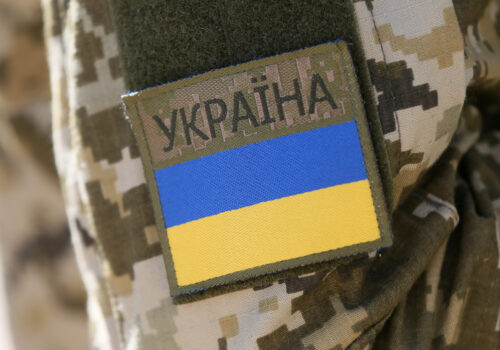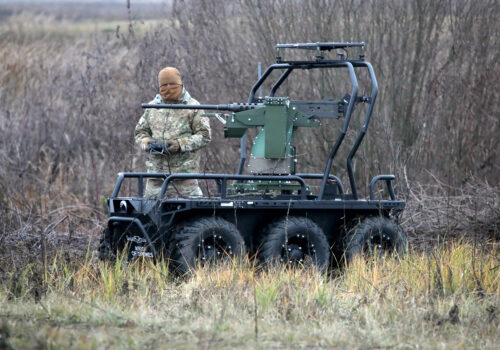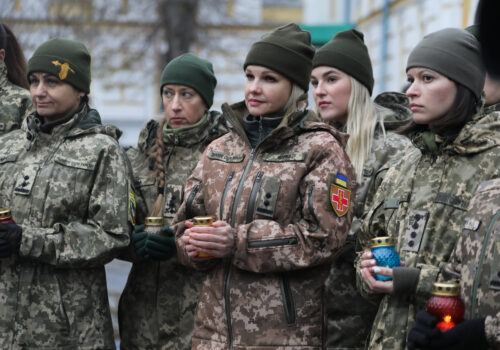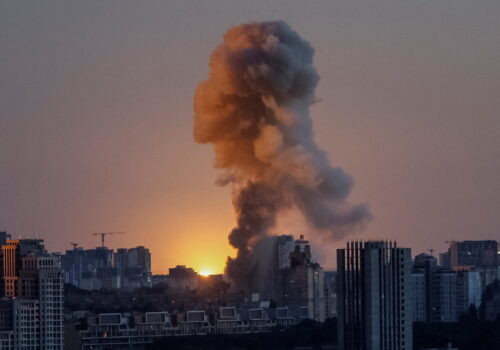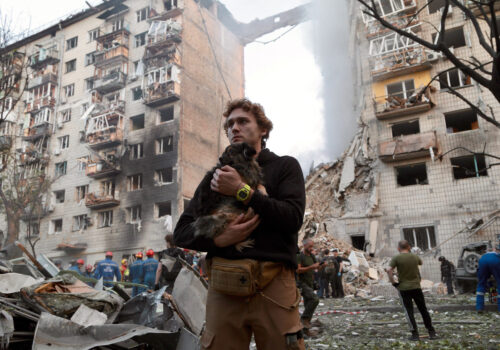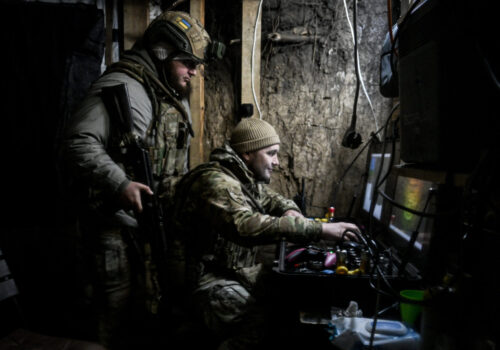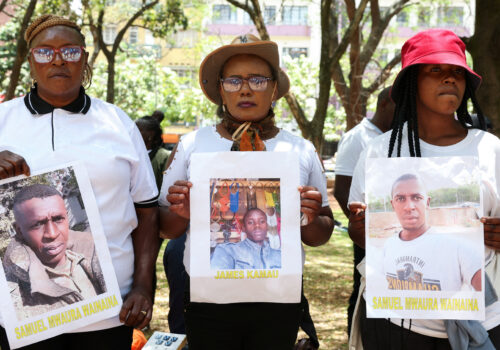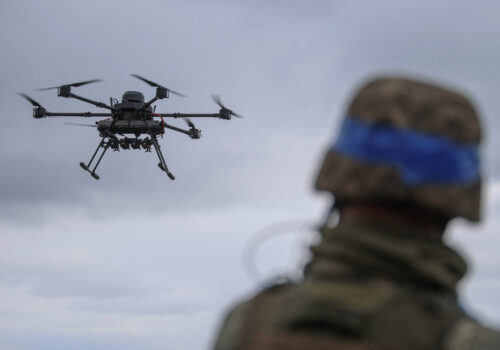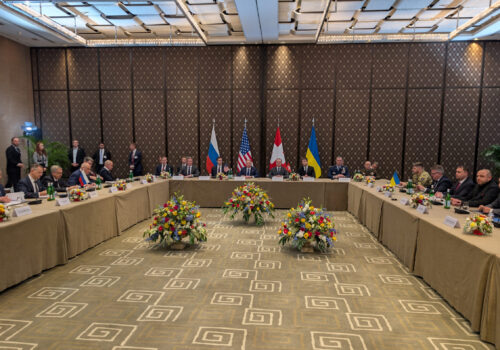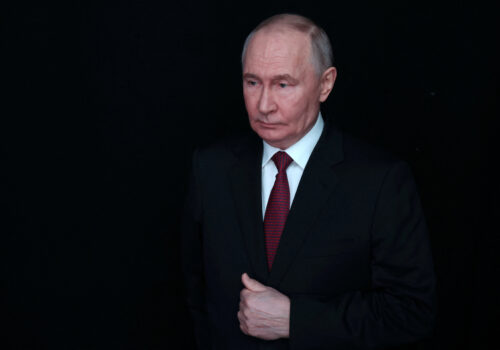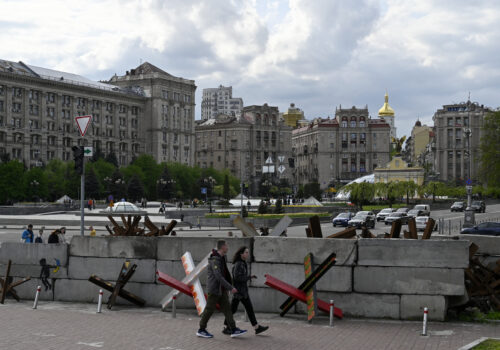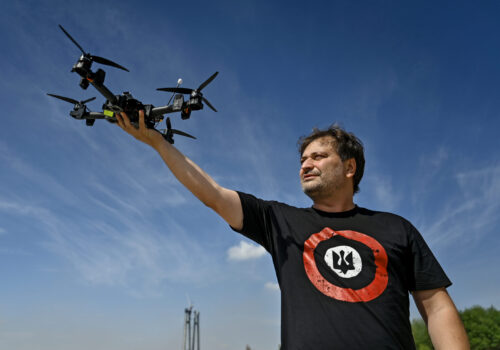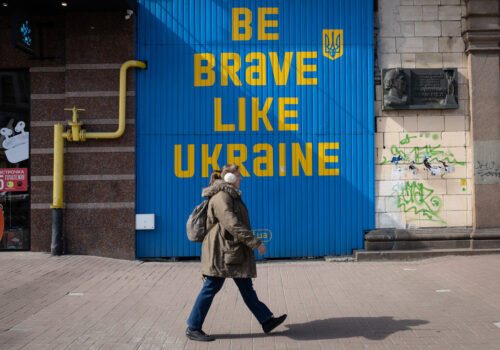Stay Updated
As the world watches the Russian invasion of Ukraine unfold, UkraineAlert delivers the best Atlantic Council expert insight and analysis on Ukraine twice a week directly to your inbox.
editor’s picks
Latest analysis
spotlight
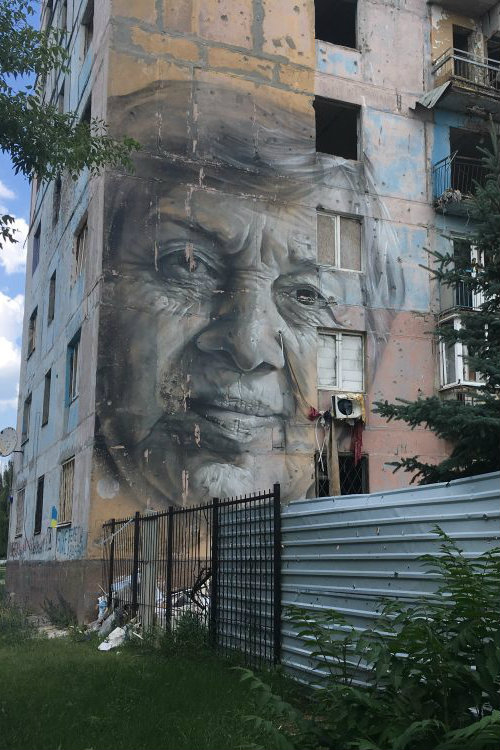
Resilience in the face of adversity
Ukraine’s transformation
Ukraine has moved tentatively toward an open society and market economy since independence. The country has held several democratic elections and made halting progress in addressing corruption and state control in its economy. Since the 2014 Maidan Revolution, Ukraine has undertaken significant governance and economic reform and moved decisively toward a Europe-Atlantic foreign policy. Since 2022, Ukraine has resiliently continued to advance some reforms despite fighting for its very existence against the full-scale Russian invasion.
The views expressed in UkraineAlert are solely those of the authors and do not necessarily reflect the views of the Atlantic Council, its staff, or its supporters.

The Eurasia Center’s mission is to enhance transatlantic cooperation in promoting stability, democratic values, and prosperity in Eurasia, from Eastern Europe and Turkey in the West to the Caucasus, Russia, and Central Asia in the East.
